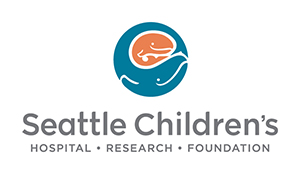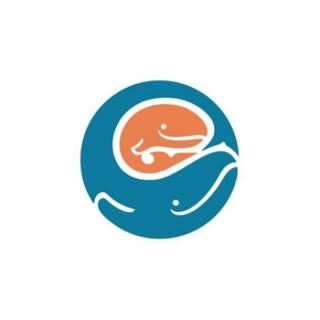
In a major moment for combatting respiratory syncytial virus (RSV), on Sept. 22 the Centers for Disease Control (CDC) recommended an RSV vaccine for pregnant persons that researchers have determined is safe and effective in preventing RSV disease in infants through immunization during pregnancy.
The new Pfizer RSV vaccine joins the recently approved monoclonal antibody, nirsevimab, as the first products offered broadly to provide protection against RSV for all babies.
Seattle Children’s researchers studied both the RSV vaccine and the RSV antibody.
This excerpted post was originally published on the Seattle Children’s On the Pulse blog.
Studies for the RSV vaccine at Seattle Children’s were led by Dr. Janet Englund, a pediatric infectious disease specialist and researcher at Seattle Children’s, principal investigator in the Center for Clinical Translational Research at Seattle Children’s Research Institute, and professor of pediatrics at the University of Washington (UW).
RSV is the number one cause of hospitalizations each year at Seattle Children’s Hospital for young children and is the most common cause for hospitalization of all infants in the country, says Dr. Englund.
During the RSV vaccine study, pregnant persons received a vaccine or placebo at UW, and after delivery all babies were followed by Seattle Children’s providers for two years.
Follow-up work involved blood draws to see how much antibody the baby had in their system, and to look for RSV infection in babies if they got sick.
The study concluded that the vaccine during pregnancy was safe and effective in preventing RSV disease and hospitalization in babies through the first six months of life.
During study of the RSV antibody, Englund and her team performed research at Seattle Children’s by evaluating healthy infants and those with underlying problems, such as pre-term babies or those with heart disease, for RSV with respiratory illness.
Research determined that single-dose nirsevimab injections before the viral season offered RSV protection and resulted in fewer hospitalizations.
The studies were published in the New England Journal of Medicine in 2020 and 2022.
“I have studied RSV for nearly four decades and documented the severity of RSV infections across a wide variety of young patient populations – and I am very encouraged by these important milestones,” said Dr. Englund.
In 2022, Seattle Children’s Emergency Department volumes surged to 300% during the viral season, largely due to RSV and other respiratory viruses.
“This RSV vaccine and the single-dose RSV antibody are important steps to help reduce the burden of RSV on families and the healthcare system will ultimately help every child, at Seattle Children’s and across the country, live the healthiest life possible,” added Dr. Englund.











